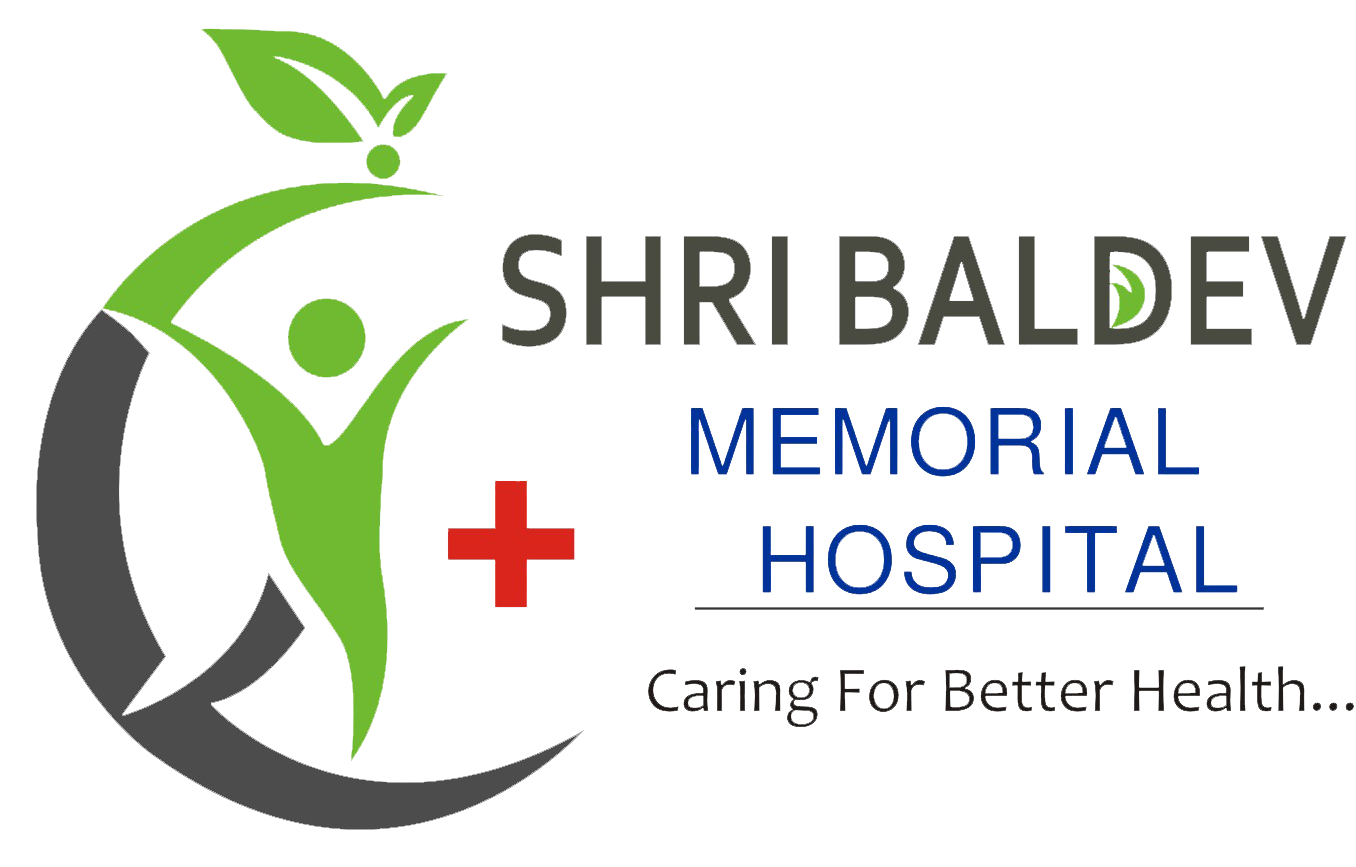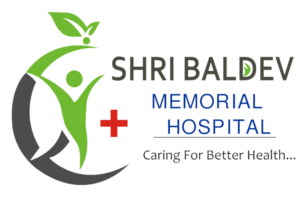Athletes can face many challenges throughout their careers, and one prevalent issue is tennis elbow. It not only affects tennis players but can impact anyone who repeatedly uses their arms. Understanding and implementing prevention strategies can help keep athletes in peak condition, allowing them to enjoy long, successful careers. So, let’s delve into how athletes can manage this common concern effectively.
Understanding Tennis Elbow: Impact on Athletes
Tennis elbow is a condition where the outer part of the elbow becomes sore and tender. It’s known medically as “lateral epicondylitis,” caused by inflammation of the tendons that join the forearm muscles to the outside of the elbow. Although it’s called tennis elbow, it’s not exclusive to tennis players. It can affect anyone who performs repetitive arm movements.
Athletes in sports like tennis, squash, and even racquetball are more prone to this injury. The constant, repetitive motion can lead to strain and eventually result in tennis elbow causes. This can directly impact an athlete’s performance, reducing agility and power. Persistent discomfort may prevent training or competing, which can cut short a career. Thus, understanding the condition is crucial for longevity in sports.
Recognizing Tennis Elbow Symptoms Early
Knowing tennis elbow symptoms early can make a big difference. Look out for pain around the elbow area, a weak grip, and difficulty lifting objects. Early detection can help minimize long-term effects.
It’s important to differentiate between tennis elbow and similar issues like “golfer’s elbow,” which affects the inside of the elbow. Recognizing what you’re dealing with ensures better-targeted treatments.
Significance of Prevention in Athletic Careers
Ignoring injuries like tennis elbow can significantly impact performance in the short term. It might start with minor pain but can escalate quickly. Over time, untreated injuries might force athletes to take extended breaks or even consider retirement.
Acting early not only helps maintain performance levels but also protects future career opportunities. Prevention keeps athletes enjoying sports and life at full capacity, emphasizing the vital role of addressing injuries early.
Mastering Proper Technique and Form
One of the best ways to prevent tennis elbow is by using correct techniques. Proper biomechanics and form are crucial. For instance, in tennis, the right grip and swing can minimize pressure on the elbow.
Collaborating with professional coaches ensures athletes use the best methods, reducing risk. They can spot errors in technique, preventing potential causes of strain.
Choosing the Right Equipment for Injury Prevention
Using the proper equipment is vital in tackling issues like tennis elbow. Make sure all gear, from rackets to shoes, is correctly fitted. Comfort and support play a big part in avoiding injuries.
Equipments like shock-absorbing handles or ergonomically designed grips can reduce the strain on elbows. Regular check and maintenance of these items keep them effective.
Building Strength and Conditioning Regimens
Strengthening the body, especially the forearms, wrists, and core, is key. These exercises help support the elbow, lowering the risk of injury.
A balanced fitness program, including regular conditioning, prepares athletes for the physical demands of their sport, supporting overall joint health.
Enhancing Flexibility and Mobility
Forearm and wrist flexibility are crucial in preventing tennis elbow. Regular stretching routines keep muscles loose and joints flexible.
Incorporating practices like yoga not only promotes flexibility but aids in relaxation and recovery, ensuring muscles remain limber and less prone to strain.
Implementing Rest and Recovery Protocols
Rest should never be underestimated. Taking time between sessions allows muscles to recover effectively.
Adequate sleep is the unsung hero of injury prevention. A well-rested body heals faster, reducing the risk of developing conditions like tennis elbow.
Nutrition and Hydration: Key Players in Joint Health
Keeping joints healthy starts with diet. Anti-inflammatory foods like fish, nuts, and leafy greens can significantly aid in preventing tennis elbow.
Staying hydrated is just as crucial. Fluids keep joints lubricated and working well, potentially aided by supplements like omega-3s.
Variety Through Cross-Training
Engaging in different sports can reduce repetitive stress on elbows. Activities like swimming or cycling provide beneficial exercise diversity.
Cross-training not only enhances overall fitness but also allows muscle groups to rest and recover, promoting a well-rounded athletic profile.
Listening to Your Body’s Signals
Pay attention to your body’s signals and warning signs. Early signs of discomfort shouldn’t be ignored. Adjusting training intensity can prevent further injury.
Constant communication with trainers about any pain ensures that health is prioritized, paving the way for a longer, more enjoyable sports career.
Professional Support for Injury Prevention
Regular check-ins with sports medicine experts help in preventing tennis elbow. They offer insider tips and care plans.
Utilizing therapies like physiotherapy and preventive care strategies ensures that athletes stay in optimal condition.
Mental Preparedness and Stress Management
A powerful tool in injury prevention is the mind. Techniques like visualization can prepare the body for physical demands, promoting injury resistance.
Cultivating a positive mindset supports recovery from setbacks, ensuring an athlete stays focused on their career goals.
Conclusion: Prioritize Elbow Health for Career Longevity
In conclusion, dealing with tennis elbow involves various strategies. From technique and equipment to rest and nutrition, each plays a part in prevention.
Proactively managing health allows athletes to enjoy a long, prosperous career, thriving in their sport and beyond. Prioritize well-being and see the benefits both on and off the field.
For expert treatment and personalized care, visit Shri Baldev Memorial Hospital today and take the first step toward recovery and long-term health!



